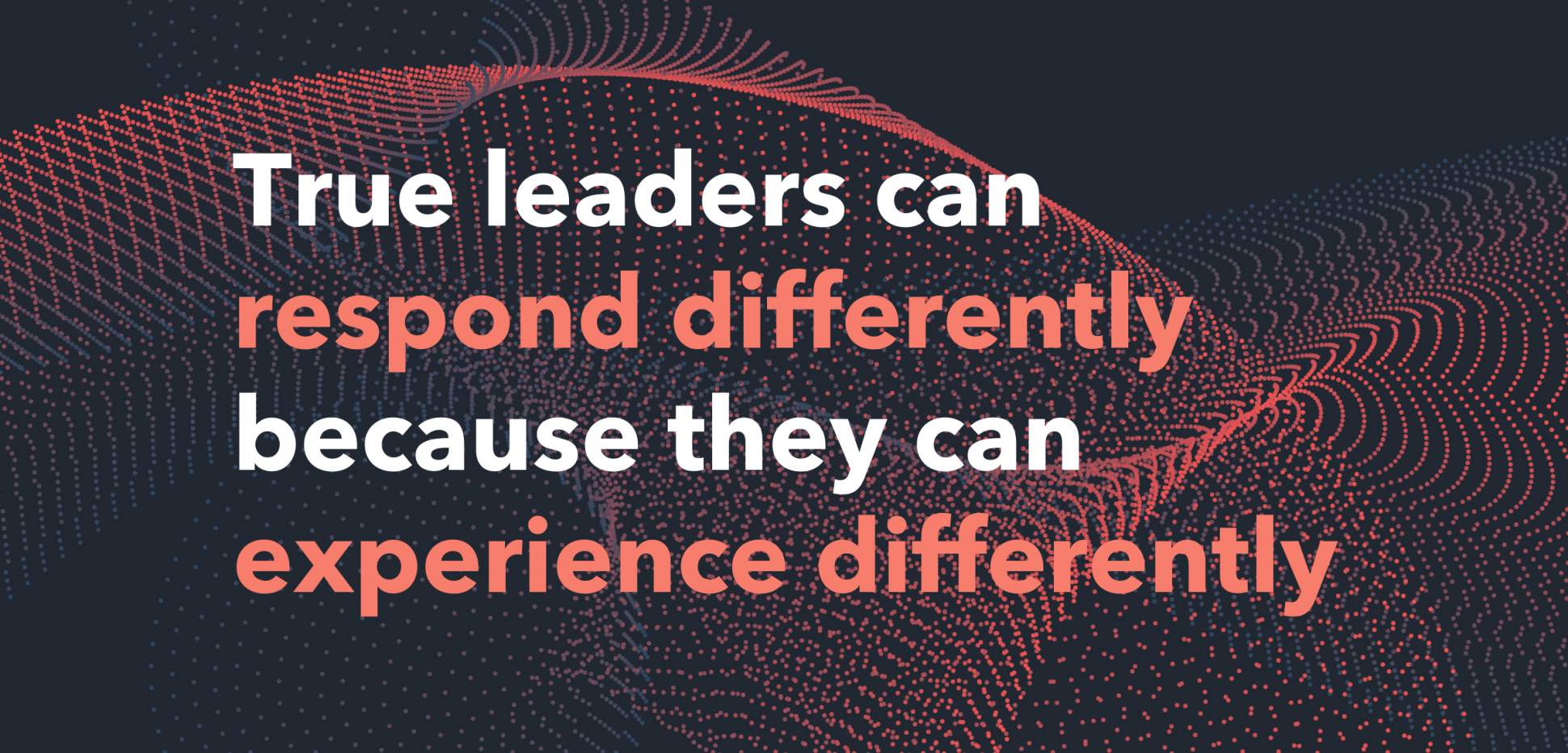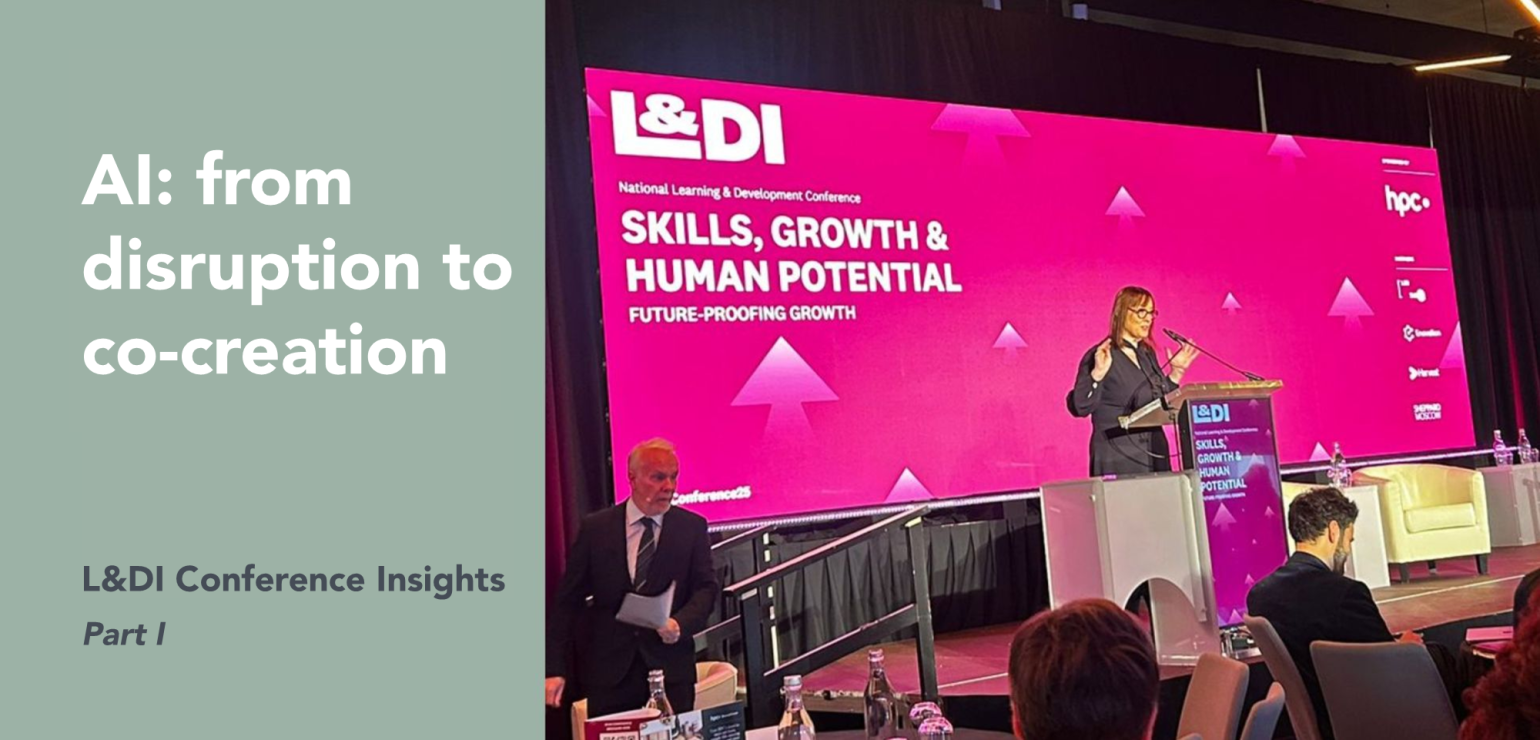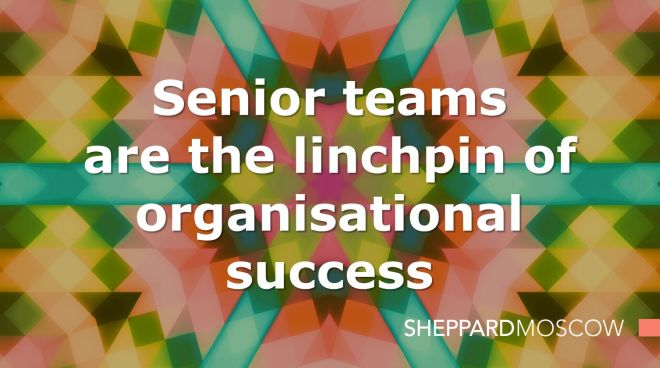How great leaders respond

“Between stimulus and response there is a space. In that space is our power to choose our response. In our response lies our growth and our freedom”. Viktor E. Frankl
A client recently asked me for some tips on how leaders can hold the space between the stimulus and response, so that when reacting to a situation, they can avoid the kind of negative in-the-moment reactions that degrade relationships.
There are, of course, many simple things that any of us can do to help us create space between stimulus and response – but they’re a bit different for each one of us. We have to reframe how we’re choosing to interpret the behaviour of others; to understand that it’s a choice. It’s hard to ‘teach’. It comes through coaching and experiential learning; it’s a mixture of self-awareness, intentionality, and influence skills.
In short, it isn’t so much about creating space between stimulus and response as changing the experience of the stimulus. But how do leaders reframe and thus change their actual experiences of interactions with others?
This is what I’ve found useful.
Reframing and changing the experience:
- Asking myself in advance: What’s my task here? What’s my role? What’s ultimately important to me? And then be intentional about how I want to show up
- Reminding myself that the art of influencing is to move things forward while improving, or at least maintaining, the quality of the relationship. In most cases this means: ‘first seek to understand, then to be understood’ – in short, the routine of Listen then Acknowledge only then Respond
- Cultivating an inner awareness of what my emotional drivers, cognitive preferences, and destructive habits feel like when they kick in unhelpfully; and when I notice it, taking it as a signal to consider doing the exact opposite to what my instincts are telling me to do
- Asking myself in the moment four questions fully: What am I noticing? What am I feeling? What am I doing? What do I want? Acting accordingly but only acting when I’ve got some awareness and clarity
- If I’m still in the grip of an emotion, name it and speak to it rather than acting it out
Our authenticity, our emotional intelligence, is central to our leadership. Emotional awareness often guides us to what’s real, what’s important; but my emotions can betray me, mislead me, at times – unless I’m simultaneously alive to role, task and self.
If you're interested in reading more insights on Leadership Development, please take a look at these:
Leadership in a constant state of VUCA

 Johnny Kelleher
Johnny Kelleher 
 Aoife Keane
Aoife Keane 
